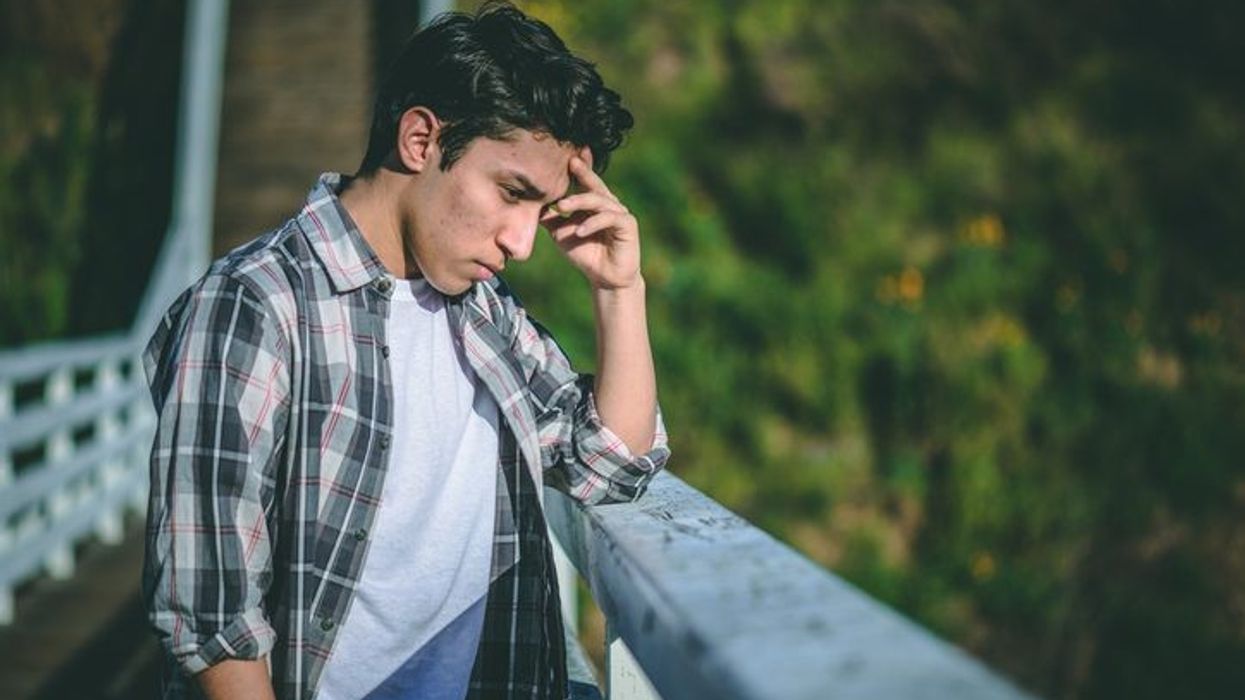According to a study conducted by the University of Nottingham's School of Psychology in collaboration with the University of Amsterdam and Harvard University, researchers have determined that December is the month when individuals in the US, UK, and Canada are most likely to experience suicidal thoughts.
Additionally, the study revealed that the hours between 4 am and 6 am pose the highest risk for suicide.
Furthermore, the researchers discovered that these thoughts tend to occur a few months prior to the peak of suicidal behaviours, which typically takes place in the spring or early summer.
The study's findings, published in the journal Nature Translational Psychiatry, shed light on the seasonal patterns of suicidal thoughts and provide insights into the specific timing of heightened risk throughout the year.
Contrary to popular belief, a study has revealed that suicidal behaviours reach their highest levels during spring or early summer, rather than in winter.
This unexpected discovery has left researchers puzzled since its initial identification.
The study involved collecting responses from over 10,000 individuals over a six-year period, utilising questionnaires and tasks to assess their moods, thoughts, and ideations related to suicide and self-harm.
The analysis of data from the Project Implicit Health Database (PIH) indicated a general increase in negative self-harm cognitions and demonstrated seasonality effects on mood and the desire to die.
In addition to these findings, the researchers developed a conceptual model to explain why suicidal behaviour typically takes a few months to escalate to a "tipping point."
"The reasons for this are complex, but our research shows that suicidal thoughts and mood are the worst in December and the best in June.
"Between these two points, there is a heightened risk of suicidal behaviour, and we feel this is occurring because the gradual improvements in their mood and energy may enable them to plan and engage in a suicide attempt.
"The relative comparison between the self and others' mood improving at a perceived greater rate are complementary possibilities that need further testing," explained Brian O'Shea from the University of Nottingham, who led the study.
To examine the temporal dynamics of explicit and implicit self-harm cognitions, the researchers developed online tasks.
Explicit cognition was assessed through direct questions about mood, suicide, and self-harm using a standard 1-5 scale.
Implicit cognition was explored using a reaction time task, requiring participants to categorise self-related words in relation to death and life in real-time.
The study sample comprised three groups: (1) individuals with a history of past suicide attempts, (2) those with suicide ideation and/or non-suicidal self-injury, and (3) individuals with no previous self-harm, suicidal thoughts, or behaviours.
The findings show a response time between the peak of explicit and implicit suicide cognition in winter and the peak in suicide attempts and suicide deaths in spring.
Explicit suicide cognition peaking in December preceded implicit self-harm associations, which peaks in February.
Both these peaks precede the peak of suicide behaviour in spring or early summer. Similar lagged effects were observed in a 24-hour period, with explicit suicidal cognition and mood peaking at 4-5 am and implicit cognition lagging this peak.
O'Shea said, "This study is the first to look at temporal trends around mood and self-harm thoughts on such a large scale and really pinpoints times when intervention could be most beneficial."
(PTI)




